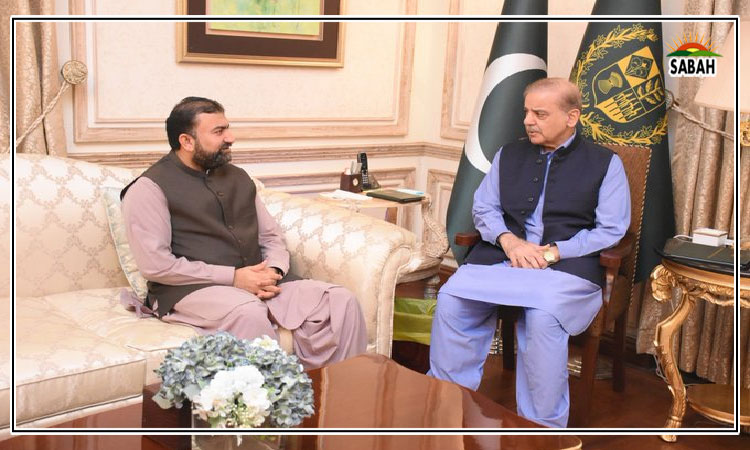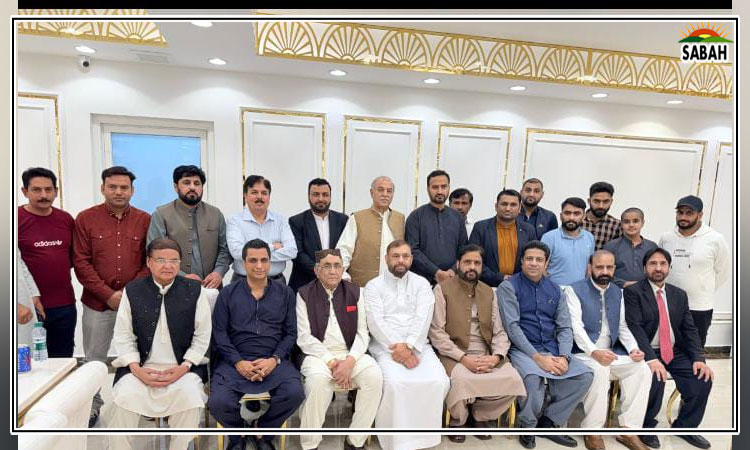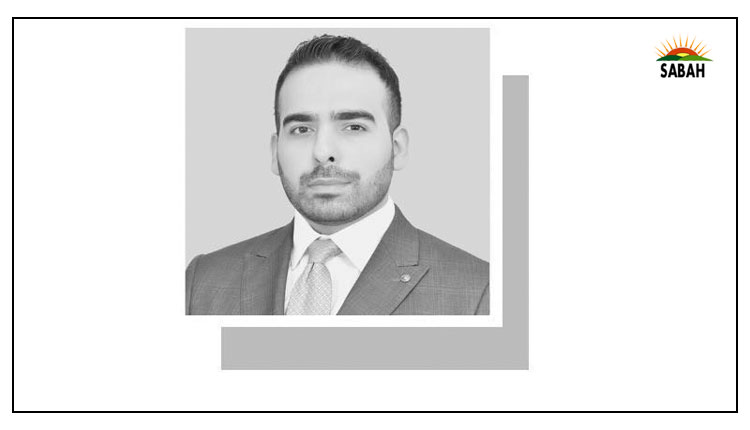Protecting children ۔۔۔ Mirza Moiz Baig
WITH nearly nine million Pakistanis living outside Pakistan and as a precarious economy compels many others to search for greener pastures, the spectre of transnational families will become more ubiquitous. While expatriates often maintain tangential ties to Pakistan to acquaint their children with their cultural and religious milieu, Pakistan’s struggle with the rule of law also renders it a hotbed for parents who abduct their children to separate them from their spouses after the breakdown of marital ties.
A survey conducted in the UK revealed that 71 per cent of its population believed that parents most commonly abduct their children to the Middle East, India and Pakistan. While Pakistan ratified the Hague Convention on Child Abduction in 2016, it has failed to dispel such concerns, given its failure to evolve a comprehensive enforcement mechanism. Article 6 of the Convention, for instance, envisages the creation of a ‘Central Authority’.
The purpose of creating such an authority is to streamline applications from aggrieved parents, instead of having a parent agonised by the abduction of their child go through the rigmaroles of approaching multiple agencies, particularly when they are a stranger to the country their child is taken to. Eight years since the convention’s ratification, however, Pakistan is yet to create a ‘Central Authority’.
While the failure to provide an enforcement mechanism could be supplemented by judicial intervention, judicial endeavours, too, have remained ambivalent. A judgement by the Sindh High Court in 2019, for instance, only mentioned the convention in passing before awarding a minor’s custody to the father after raising subjective concerns about the mother’s morality. While the Lahore High Court in 2020 passed a comprehensive judgement, elucidating the contours of the convention, the judgement’s efficacy remained limited given that it directed the mother to approach the guardians court. The judgement thus, while going far, did not go far enough. Nonetheless, a recent judgement rendered by Justice Zulfiqar Ahmed Khan of the Sindh High Court marks a palpable shift in Pakistan’s interaction with the convention.
Pakistan must do more to implement the convention on child abduction.
A Pakistani couple, after getting married in the US, had a son who gained American nationality at birth. The couple soon experienced marital discord which culminated in their separation. A court in the US granted the parents joint custody of their son. Violating the arrangement stipulated by the American court, the mother illegally moved the son out of the US, bringing him to Pakistan. Contempt proceedings were initiated against the mother and an arrest warrant was also issued in the US.
Dilating on Pakistan’s international human rights obligations, the judgement underscores the importance of preserving children’s ties to both parents in the event of the latter’s separation, thus, affording the children an environment conducive to their emotional, mental, and physical well-being. Unsurprisingly, treaties including the convention deprecate attempts to sever a child’s ties to one of the parents and envisage a comprehensive mechanism to curtail parental abduction.
Observing that the child in this case was a US national who was surreptitiously brought into Pakistani territory after an American court declared the father fit to serve as his natural guardian, the court concluded that the mother’s conduct had flouted the convention. Departing from the ambivalence which has characterised our jurisprudence, the judgement, in what constitutes the clearest application of the convention, directed the mother to hand over the child to the father for the purpose of taking him to the US.
During his 2008 presidential campaign, Barack Obama had declared that he would select judges based on their ability to empathise with different types of litigants. Family disputes often require judges to eschew a mechanical application of the law and rely on their ability to empathise with the litigants before them. The manner in which the court steered the father into withdrawing the contempt application he had filed before an American court to render the warrant against the mother ineffective shows that the judgement’s strength lies not only in the legal doctrines it invokes but in also highlighting the importance of a people-oriented approach to adjudication.
While political disputes have dominated our judicial landscape in recent months, the judgement in this case has silently paved the way for parents to be reunited with children forcibly abducted. The judgement may not have saved the world but it may have saved a child’s world and sometimes, that’s all that justice is about.
The writer is a lawyer.
X: MoizBaig26
Courtesy Dawn, March 9th, 2024












